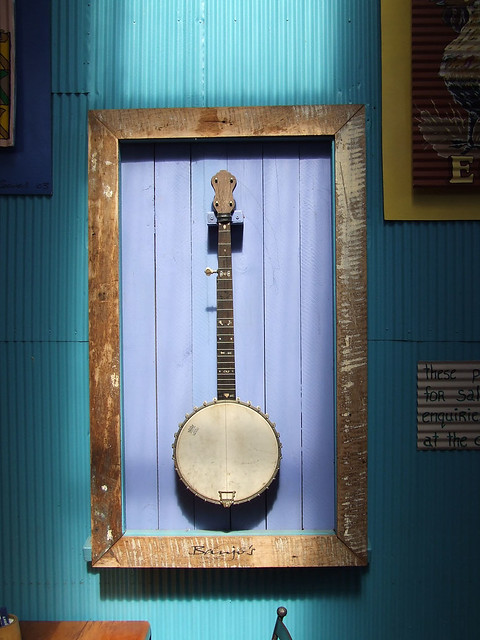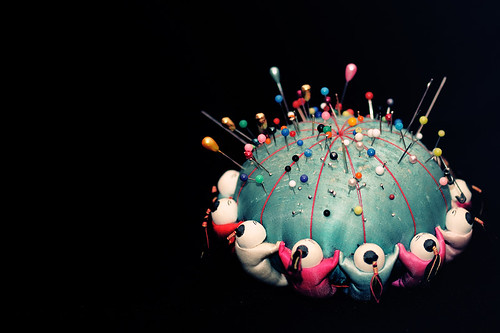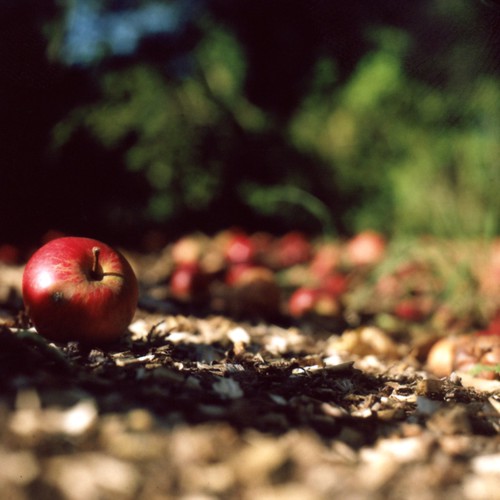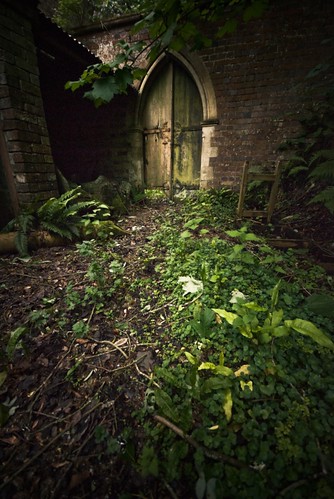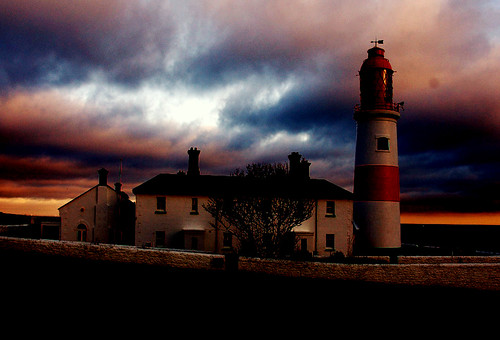Featured Poem, ‘Song,’ by Stephen Nelson (also, a review!)
Tuesday, January 29th, 2013Song
1.
Pu oot yer banjo, boy, n strum
at yon fu moon
till ye nip the prood violet’s
wheezy reek
fae teeth n nose n mooth.
2.
Pu oot yer banjo, boy, n pluck
the fucker
till ma hert strings snap n whip
the raw rank erse ae the wirld
wi memory like the putrid seas ae Jupiter.
3.
Pu oot yer banjo, boy —
lazy bam in yer lazy bed wi yer
sweetened songs n yer honey dream rhymes.
Ah wull dance, dammit! – n let the rollin waves
spill oan the frozen shore,
till midnight wirds
ir whisperin tendrils ae shivering
ecstasy nae mair.
*
If you’ve been reading this blog for any decent amount of time, you’ll know I love the work of Stephen Nelson. One of the best and most prolific concrete/vispo poets working in Scotland today, Stephen’s been published in a wide variety of places, including the wonderful anthology The Last Vispo, which I’d highly recommend to anyone (especially if you’re not sure what all this vispo fuss is about, but you think you’d like to try it). Most recently, he’s brought out a collection with the wonderful Knives Forks and Spoons Press, who are soon to close their doors — sad times, indeed. But they’ve really gone out with a bang by publishing Lunar Poems for New Religions, a collection which, prior to publication, was shortlisted for the prestigious Crashaw Prize… and I can see why.
Lunar Poems for New Religions is a book inspired by the moon, in every sense. Its second section, Crescent, mimics the rhythm of the lunar cycle, beginning with a very simple concrete piece:
mo( )on
Thereafter, the poems wax and wane. Some are sparse, concrete pieces that use the white space of the page to great effect; interspersed among them are short, prose-style poems that seem lush and full alongside their neighbours. Stephen has arranged — I almost want to say timed — all of this to perfection, though, as it never feels jarring. Rather, it is smooth and organic. And the poems are filled with confident, powerful lines. In ‘Ask Tracey’, for example, I was struck by, “Whenever I touched you who felt the shock but us.”
The first section of the book, The Moon from my Windowless Heart, is a totally different beast. ‘Song’, the poem above, is the first to appear in the section, and it is followed by ‘LOOK UP!’, one long, two-part poem that in places is almost theatrical monologue. This section is in Scots, which I found surprising and wonderful. ‘LOOK UP!’ reminded me very much of poems from the Beat Generation — lines like:
Next mornin up tae tantric storms aboot ma heid,
dark mind clouds explodin brain sparks ae lightnin,
cartoon hero cut fae technicolour dream cloth,
rinsed oot & hung in the sky like a sinkin moon.
The whole collection pulses with a weird and brilliant energy, combining Stephen’s expert knowledge of the page’s potential as shape, as canvas, with strong, rhythmic phrasing and pin-sharp imagery. It’s only January, but I’ll be shocked if I find a more original, enjoyable collection to top it this year. I’m calling my Top Poetry Read of 2013, folks! And you can buy it right here!
(You can — and you really, really should — also visit Stephen’s great blog, afterlights, to see more of his work.)
*
Want to see YOUR poem featured on ONS? Read this post first: submission guidelines are at the bottom. Good luck!
*
You can also visit Read This Press for more poetry (and typewriter paraphernalia!). Alternatively, check out Edinburgh Vintage, our sister site. If you want to get in touch you can follow OneNightStanzas on Twitter, or email claire[at]onenightstanzas.com. I reply as swiftly as I can!
